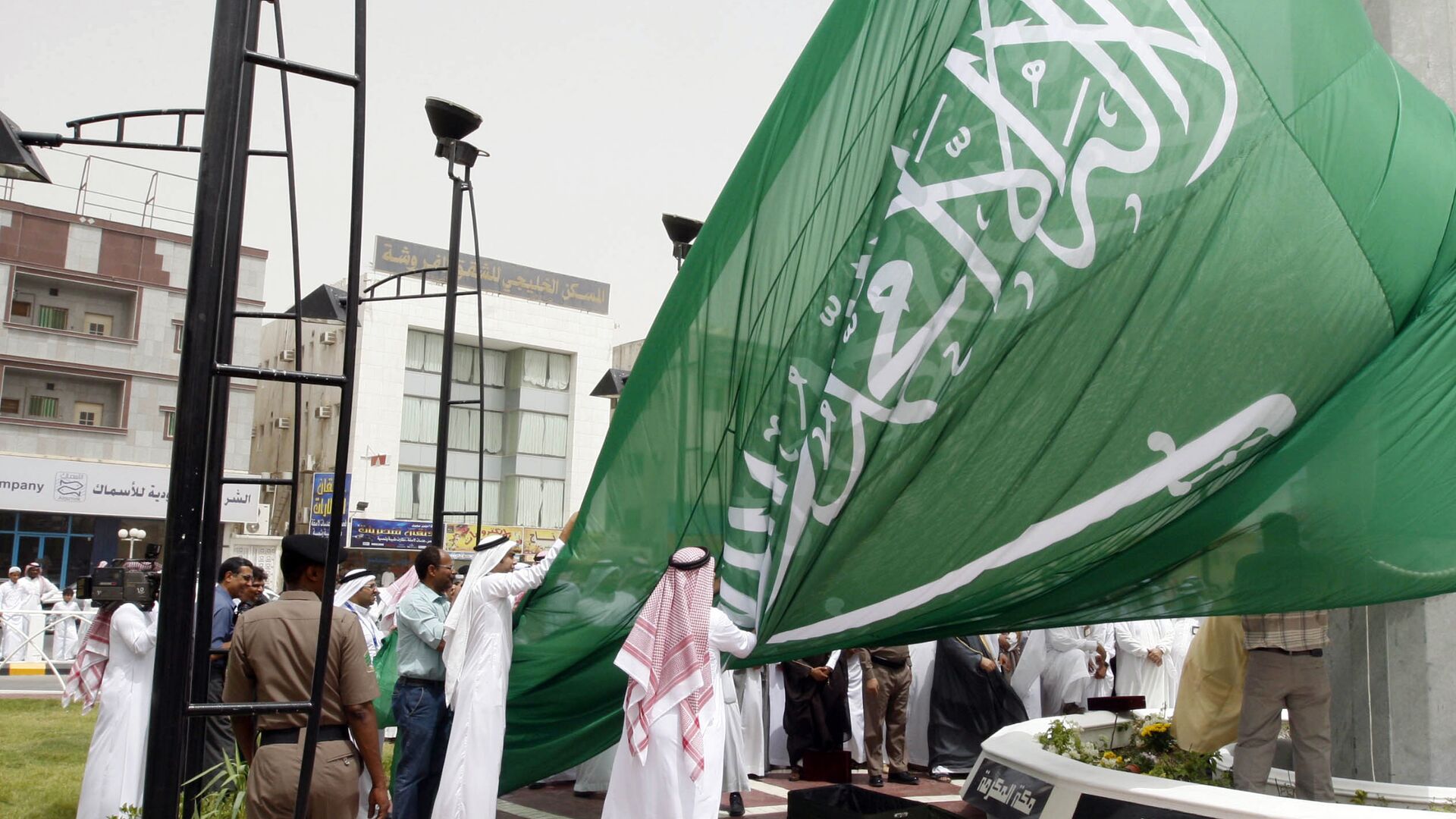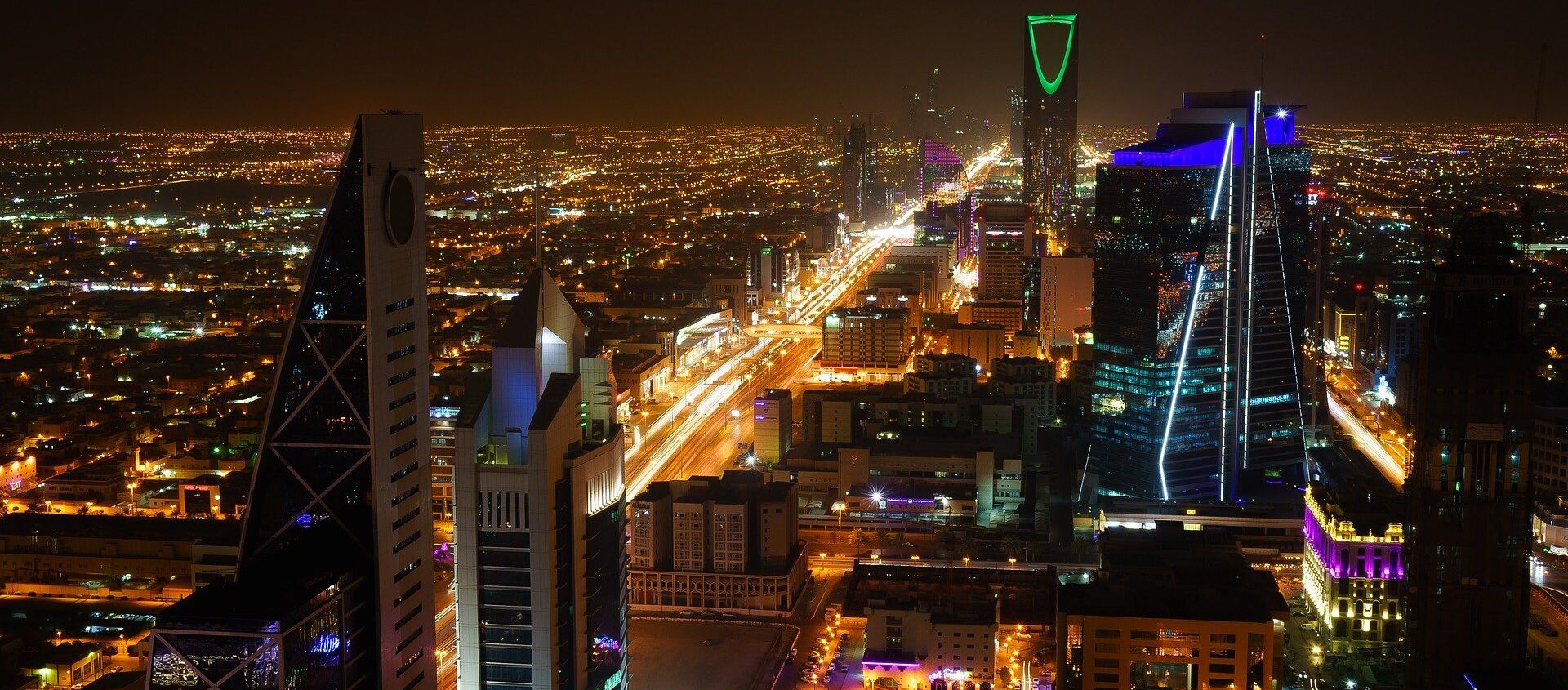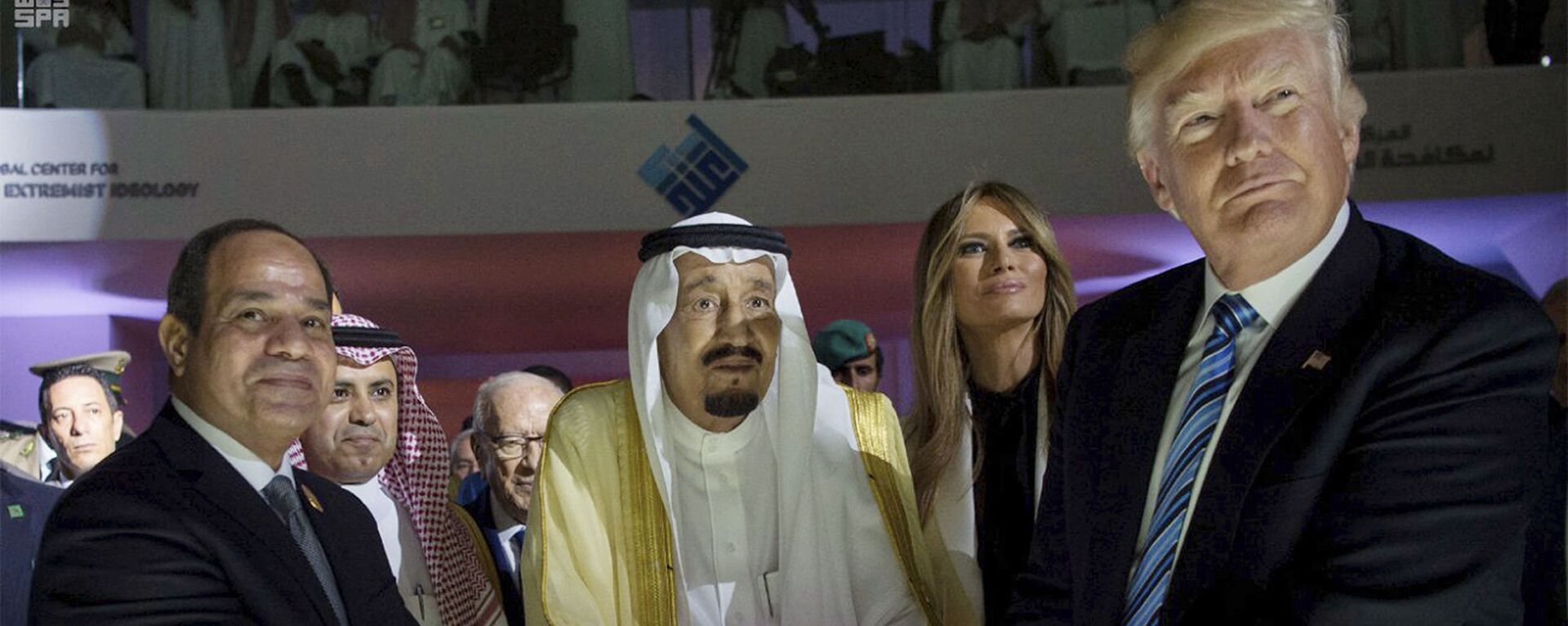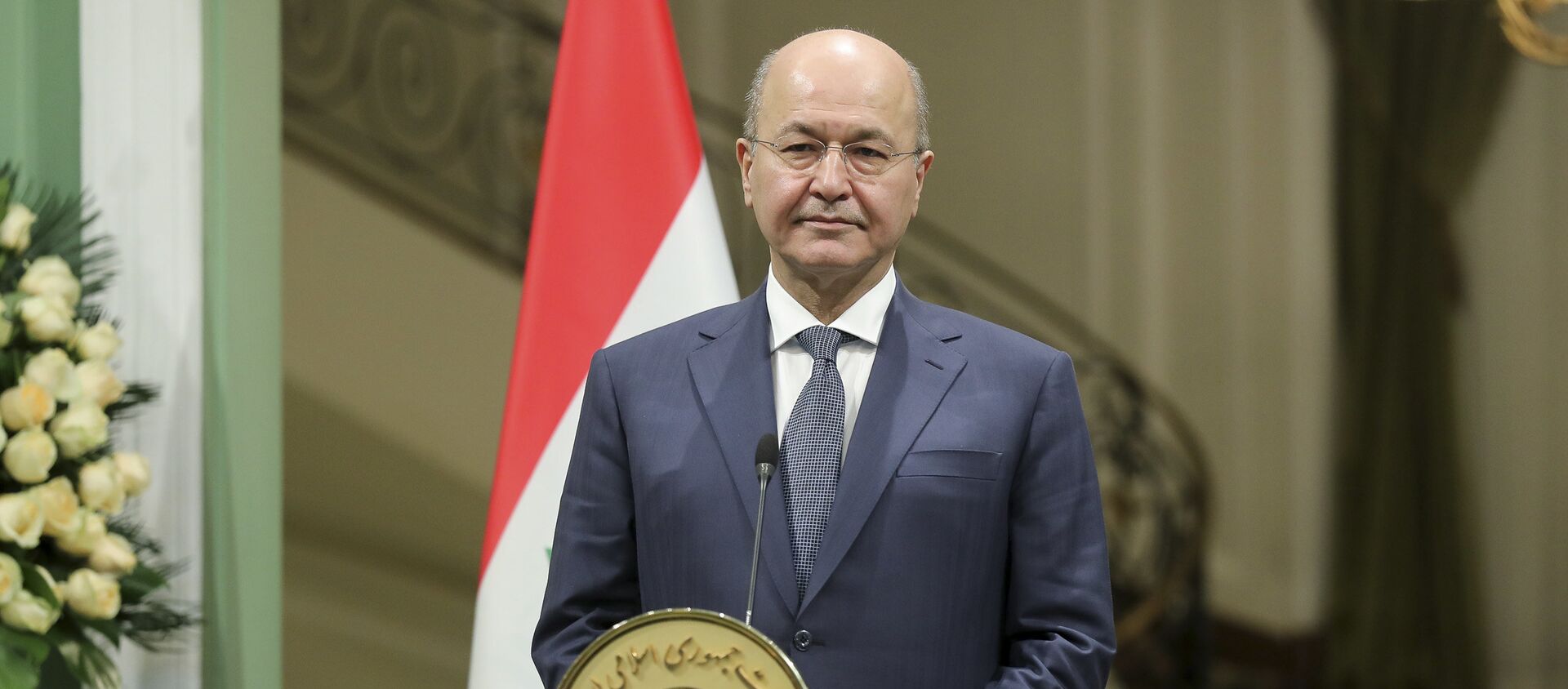Saudi Arabia's push to improve relations with longtime rival Iran is the result of insecurity linked to the Biden administration’s policy vis-à-vis Riyadh and the Middle East in general, David Schenker, the former Trump assistant secretary of state for near eastern affairs, has said.
The Saudis “don’t know what the security commitment of the US is” post-Trump and, subsequently, have become “more accommodating and looking for a modus operandi with Iran,” Schenker, a long-time Washington insider and Middle East expert, told Business Insider.
The Biden administration partially cut off arms deliveries to Saudi Arabia and announced an end to US military support for the Saudi-led war in Yemen in February, indicating that it would consider weapons sales to the kingdom on a case-by-case basis. The move prompted Riyadh to propose a new peace initiative with Yemen’s Houthi militia.
Yasmine Farouk, a Middle East specialist at the Carnegie Endowment for International Peace think tank, agreed with Schenker’s assessment of Riyadh’s motives, telling Business Insider that the Saudis know “they can no longer count on US support if they maintain the same regional policies that they have since 2015 up until now,” and have no other major power “to fall back on.”
“What Saudi Arabia has done with Qatar and Iran, even reigniting closer coordination with Omanis and doubling down on their relationship with Iraq, all these are Saudi attempts to revive the network of friends that they have lost over the past few years,” she said.
The Financial Times first reported on direct talks between Saudi and Iranian officials last month, although subsequent reporting has revealed that secret meetings may have been taking place since January amid the prospect of partial US disengagement from the region.
As far back as October 2019, Iranian Foreign Minister Mohammad Javad Zarif stressed that Tehran was ready to hold direct talks with Riyadh, or to negotiate through intermediaries, to normalise ties. In early 2020, after the 3 January assassination of senior Iranian commander Qasem Soleimani in Baghdad, Iran revealed that the general was in Iraq on a peace mission aimed at reducing tensions with Saudi Arabia.
However, late last month, Iranian Foreign Ministry spokesman Saeed Khatibzadeh said that Iran and Saudi Arabia, “as two important countries in the region and the Muslim world,” had a chance to open a “new chapter of interaction and cooperation to achieve regional peace, stability and development by a adopting constructive and dialogue-based approaches,” and recalled the HOPE initiative as one possible means to improve ties.
Hussein Ibish, a resident scholar at the Washington-based Arab Gulf States Institute, suggested that the possible rapprochement signals that Riyadh is “engaging an effort of strategic diversification,” with all other US-aligned countries in the Middle East similarly “having to move forward in a situation where the US is seen as fundamentally unreliable [as] a guarantor as it used to be 25 years ago.”
The White House has publicly praised the talks between Tehran and Riyadh, with Secretary of State Antony Blinken calling the talks “generally a good thing” and saying negotiations without US involvement as a mediator was perhaps “even better.”
The current atmosphere is a far cry from relations between Riyadh and Saudi Arabia as recently as November 2020, when Saudi King Salman blasted Iran as a “top security concern” and accused the Islamic Republic of supporting terror and sectarianism in the region. “Saudi Arabia affirms the danger of the Iranian regime’s regional project,” he said.
In the months and years before that, Riyadh accused Tehran of providing substantial support to the Shia Houthi militia in Yemen, which has successfully held off a Saudi-led incursion in the country for over six years now. Iran denied that it has provided any military support to the Houthis, but has regularly expressed support for the militia as an ally in the "axis of resistance" in the region’s fight against the US, Israel, and other adversaries.
Accordingly, Ibish warned against making any broad reaching predictions regarding the current talks, suggesting that they may be related to the regional powers’ strategic “exhaustion,” with the negotiations possibly serving only as “a breather,” because “very few of the underlying causes for the tensions and conflicts…have been resolved.”
Last week, Saudi diplomat Rayed Krimly expressed hope that the current Riyadh-Tehran talks would “prove successful,” but similarly stressed that it was “too early, and premature, to reach any definitive conclusions.”








